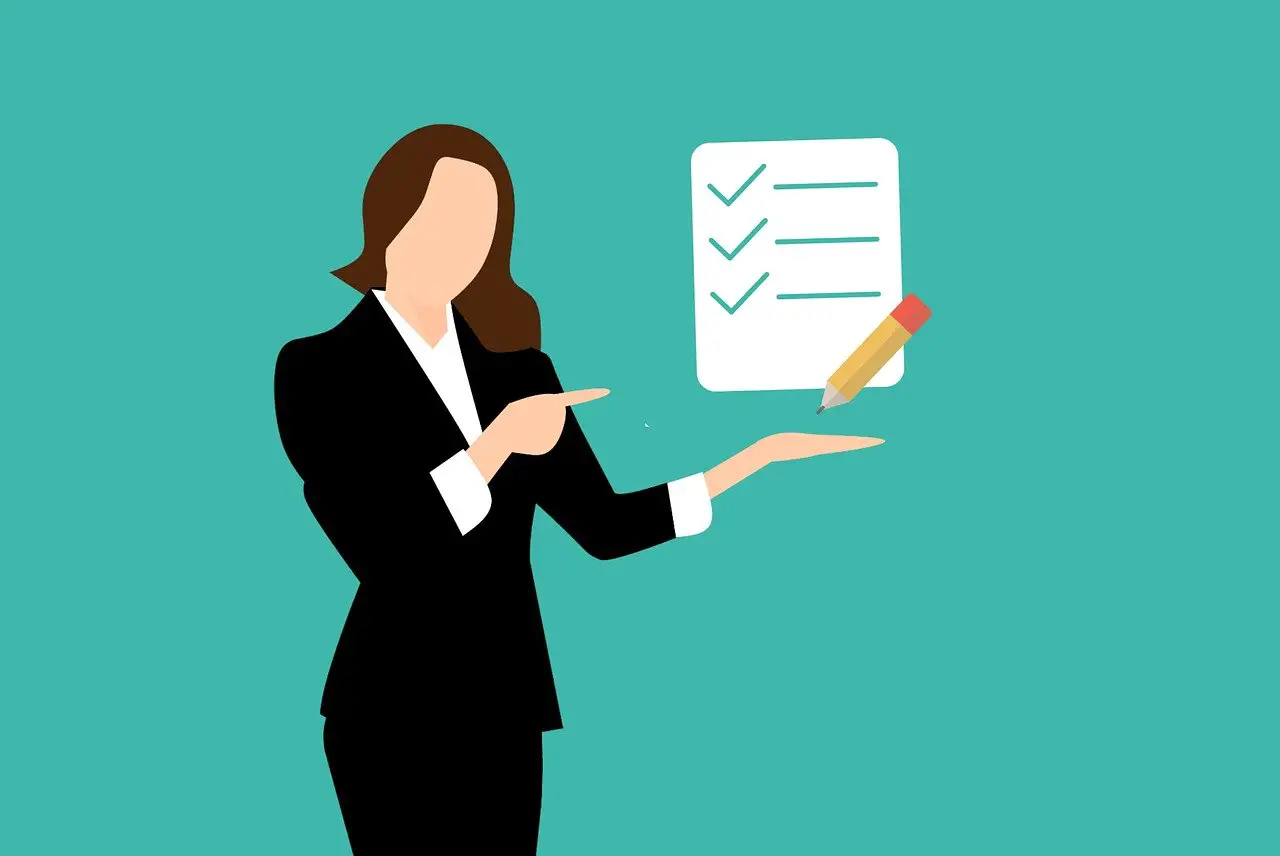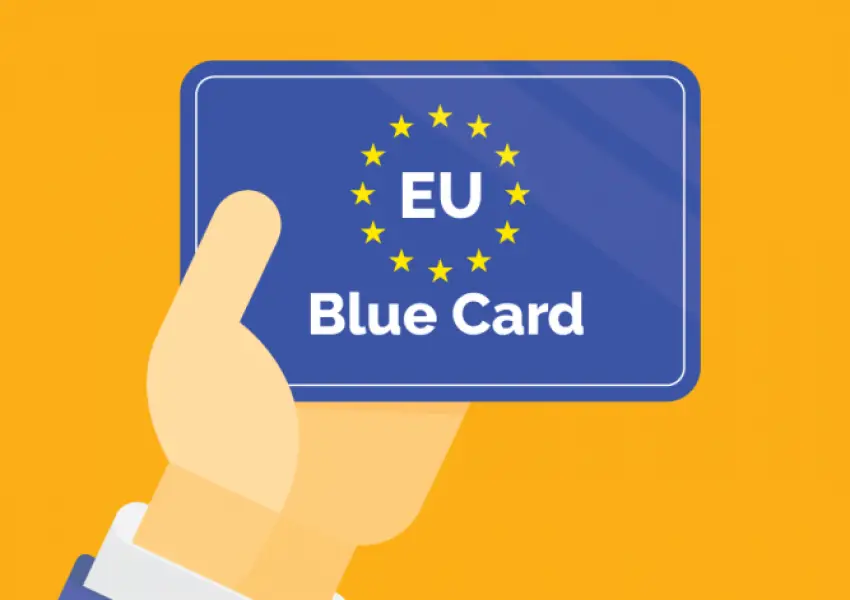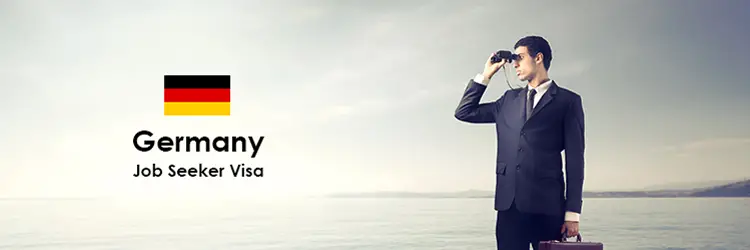The Blue Card is introduced to fill skill shortages in EU labor markets, and by making it easier for non-EU citizens to move between member states. Blue Card is valid in all European Union member states, except Denmark, Ireland, and the UK.
What is a Blue Card?
Blue card, a resident permit is designed and issued for high-earning individuals from countries outside the EU and for those who are in fields where workers are being sought for.
It is the temporary residence permit for university graduates from abroad and is obtained only from the foreign offices
Who can apply?
Whether or not you’re eligible to use an EU Blue Card will first depend upon the category that you simply apply for. Individuals can apply within the following categories:
- Highly-qualified or skilled workers
- Researchers
- Seasonal workers
- Students
- Vocational trainees
- Intra-corporate transfers
- Self-employed/entrepreneurs
Requirements to apply for Blue Card:
- Applicants must have completed a university degree (a German university degree or a degree from a foreign university that is either recognized or comparable to a German degree)
- Applicants must have an employment contract or a binding employment offer in Germany with a minimum salary of 58,400 Euros (as of 2023)
- However, In occupations where job vacancies for e.g. doctors, engineers, natural scientists, mathematicians, and IT specialists cannot be filled due to a shortage of qualified personnel applicants need a job offer providing gross annual earnings in the order of only 45,502 euros (2023).
- A valid passport
Documents required to apply for Blue Card:
Steps to Apply for Blue Card:
- Once you hold the employment contract, prepare the list of documents as per above
- Get the appointment (This depends on the location, some locations require an appointment and some don’t) in Auslandebehörde. Check your residence Auslandebehörde website for appointments
- Fill out the Blue Card application form (This can be done by you or your employer or at the Auslandebehörde)
- Submit your documents
- Wait for 3-4 weeks
FAQ:
What if I change the job with in first 2 years of employment?
Any change of job during the first two years of employment requires the approval of the immigration authority (section 19a subs. 4 of the German Residence Act). Approval is subject to the same preconditions as initial issuance. If the minimum gross salary threshold has been raised during the intervening period, compliance with the new threshold must be proven. Holders of an EU Blue Card are obliged to inform the competent immigration authority if the employment for which the EU Blue Card was issued is terminated prematurely.
What if I change the job after 2 years of employment?
If you hold the Blue Card for more than 2 years, you no need to inform the immigration authority. However, still you can contact them if you have any further questions
Can I bring my family members?
Of course, The family reunion is possible. You can find more details here.
Can I invite my friends, relatives to visit Germany?
Yes, you can invite anyone for the short term (90 days) with an obligation letter. Long term is possible for Spouse, Children, Parents, Registered partners, Under certain conditions other family members
Can I travel to schengen countries with Blue Card?
You can travel to countries belong to schengen zone and stay for 90 days per 180 days period
What if I lose the job while holding the Blue Card?
Generally, 3 months is allowed to search for a new job. However, it may vary based upon taxes you paid in a previous job. Please consult Ausländerbehörde immediately after you lose the job.
What happens to Health Insurance if I lose the job?
Insurance is mandatory in Germany and you need to have one even without job or jobless. So, you still need to pay for your health insurance provider which is expensive when you are jobless. For this, you need to register in the unemployment office and inform your insurance provider as soon as possible.
My joining date is very near and I may get Blue Card after my joining date, Can I start work before getting Blue Card?
Yes, it’s possible. All you need to do is to ask for a temporary work permit which is called the Fiktion card. Inform in Auslandebehörde that your joining date is very near and need to work start immediately. They will provide the Fiktion card on the spot
Note:
While applying for a work permit, you can opt for either printing in passport (Which costs around 90 euros) or opt for Electronic card (Costs around 110 euros)
The best option is to opt for Electronic card as it is easy to carry in the wallet and you no need to carry the passport all the time
Also read in German in Federal foreign office website. Read more about pros and cons
Join our Telegram group if you have any further questions



